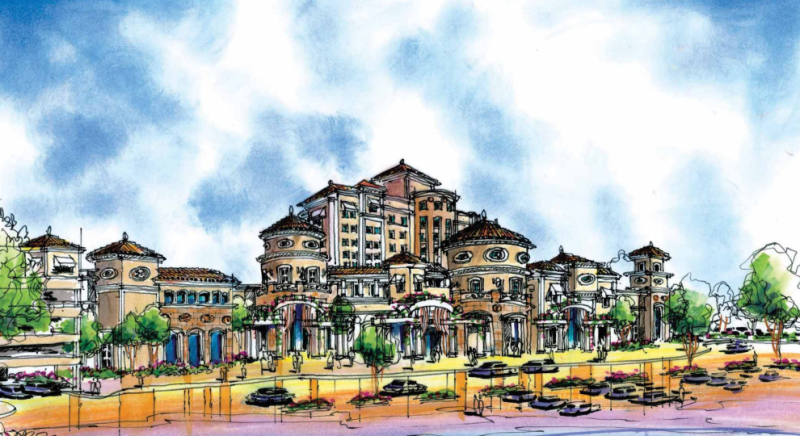Voters rejected Prop. 48 by an almost 2-1 margin on Nov. 4, thus weighing in against a large-scale casino alongside Highway 99 in Madera County. Opponents, led by two tribes with nearby casinos, raised almost $16.3 million for their political campaign.
"We were outspent in the range of 50-to-1," said North Fork spokesman Banks-Altekruse.
Opponents argued that the North Fork project would open the floodgates to an unprecedented expansion of tribal gaming. But supporters, including advisers to Gov. Jerry Brown, maintained that the Central Valley project is a unique deal for a tribe without a true reservation, a deal that won Brown's backing only after the tribe agreed to a number of environmental and monetary concessions.
And from the beginning of the referendum process, the governor made clear that there was a chance that voters wouldn't get the last word.
"Some interpretations of the law suggest that the federal government can impose that (casino) compact," said Brown in a brief interview with me in late September 2013.
Can Feds Ignore Prop. 48's Defeat?
That legal opinion is not universally shared, but it continues to circulate for one simple reason: The 1988 federal law that legalized tribal gaming has no provision for a state's voters to reject a casino project that's received the green light from its governor.
North Fork tribal leaders have made no decision on whether they would ask U.S. Secretary of the Interior Sally Jewell to just override the electoral results. One leading opponent thinks the tribe, at least for now, can't do that.
"I believe it is too soon," said Cheryl Schmit, Prop. 48's proponent and a longtime critic of tribal gaming expansion.
Schmit points to two long-standing lawsuits against the North Fork project: a federal court fight over how the Madera parcel of land was cleared for a casino, and a state legal battle over the power of Brown to agree to a casino built on land that wasn't already eligible for tribal gaming when voters approved Proposition 1A in 2000.
"I believe those issues must be resolved before the tribe moves forward," said Schmit.
Lawsuits And Debate Continue
A similar fight, in that it involves land newly acquired for a tribal casino, is also brewing in Yuba County north of Sacramento. There, the Enterprise Rancheria of the Estom Yumeka Maidu has its own federal-state agreement for a casino. The ratification of that project by the Legislature has been stalled for more than a year, however, after legislative leaders suggested they wanted a statewide framework for such proposals in the wake of the North Fork fight.
Both the Yuba and Madera casino projects face court dates in early 2015, a fight that's a long time away from the rhetoric of the fall referendum campaign ... where voters could be forgiven for thinking they were making the final judgment.

